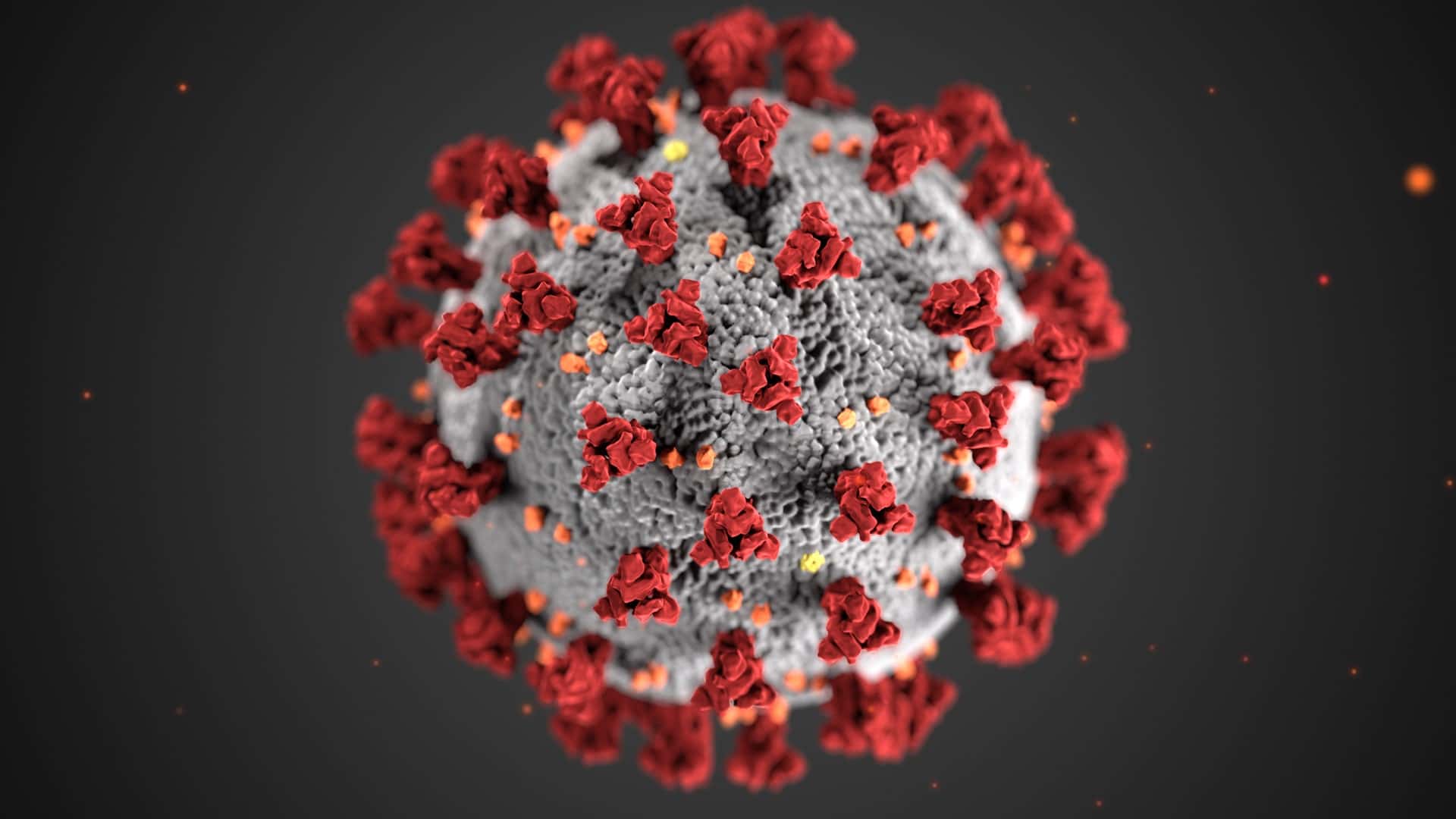8 months after mild COVID-19 infection, one in ten suffers from long term effects
Eight months after mild COVID-19 infection, one in ten people still suffers from at least one moderate to severe symptom that is affecting their work, social or home life. This according to a new study from the COVID-19 COMMUNITY-study, which is a part of the SciLifeLab National COVID-19 research program and includes researchers from SciLifeLab, Karolinska Institutet, Uppsala University, KTH and Danderyd Hospital. According to the study, published in the journal JAMA, the most common long-term symptoms are fatigue and a loss of smell and taste.
The COMMUNITY-study was started in the spring of 2020 and has since then allowed researchers at Danderyd Hospital and Karolinska Institutet to investigate immunity after COVID-19 infection. In the first phase, blood samples from 2,149 employees at Danderyd Hospital were tested for antibodies, which showed that 19 percent of them had developed antibodies against SARS-CoV-2. New samples have been collected every four months and the participants have also responded to questionnaires regarding long-term symptoms and their impact on the quality of life.
During a follow-up in January 2021, the researchers investigated the presence of self reported long-term symptoms and their impact on work, social and home life for participants who suffered from mild COVID-19 at least eight months earlier. A group of 323 healthcare workers (83 percent women, median age 43 years) was compared with a group of 1,072 healthcare workers (86 percent women, median age 47 years) who did not have COVID-19 throughout the study period.
The study showed that 26 percent of the participants with previous COVID-19 infection (compared to 9 percent from the control group) had at least one moderate to severe symptom that lasted more than two months, and that 11 percent (compared to 2 percent in the control group) had a minimum of one symptom with negative impact on work, social or home life that lasted at least eight months. The most common long-term symptoms were loss of smell and taste, fatigue, and respiratory problems.
“We investigated the presence of long-term symptoms after mild COVID-19 in a relatively young and healthy group of working individuals, and we found that the predominant long-term symptoms are loss of smell and taste. Fatigue and respiratory problems are also more common among participants who have had COVID-19 but do not occur to the same extent. However, we do not see an increased prevalence of cognitive symptoms such as brain fatigue, memory and concentration problems or physical disorders such as muscle and joint pain, heart palpitations or long-term fever”, says lead researcher Charlotte Thålin (KI), in a press release from Danderyd Hospital.
“Despite the fact that the study participants had a mild COVID-19 infection, a relatively large proportion reported long-term symptoms with an impact on quality of life. In light of this, we believe that young and healthy individuals, as well as other groups in society, should have great respect for the virus that seems to be able to significantly impair quality of life, even for a long time after the infection,” says first author Sebastian Havervall (KI).
The COMMUNITY study will now continue, with the next follow-up taking place in May when a large proportion of study participants are expected to be vaccinated. In addition to monitoring immunity and the occurrence of re-infection, several projects regarding post- COVID are planned.
“We will, among other things, be studying COVID-19-associated loss of smell and taste more closely, and investigate whether the immune system, including autoimmunity, plays a role in post-COVID,” says Charlotte Thålin.





